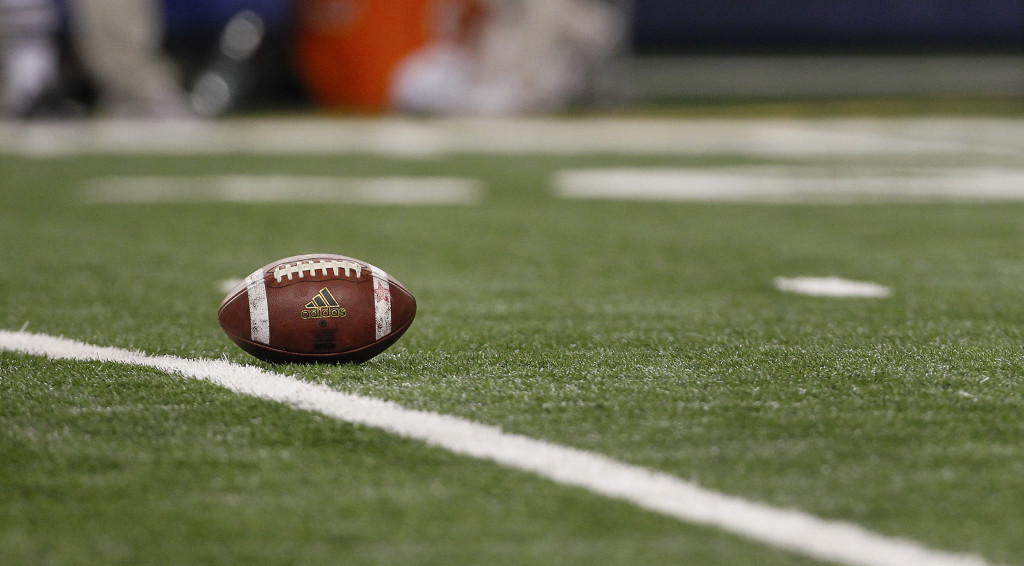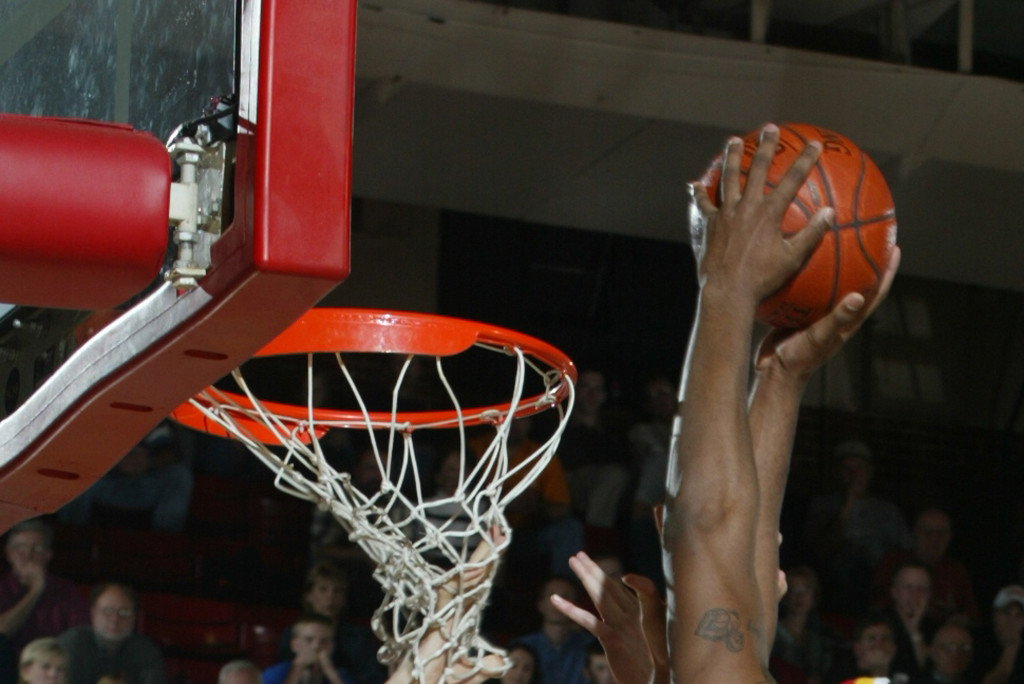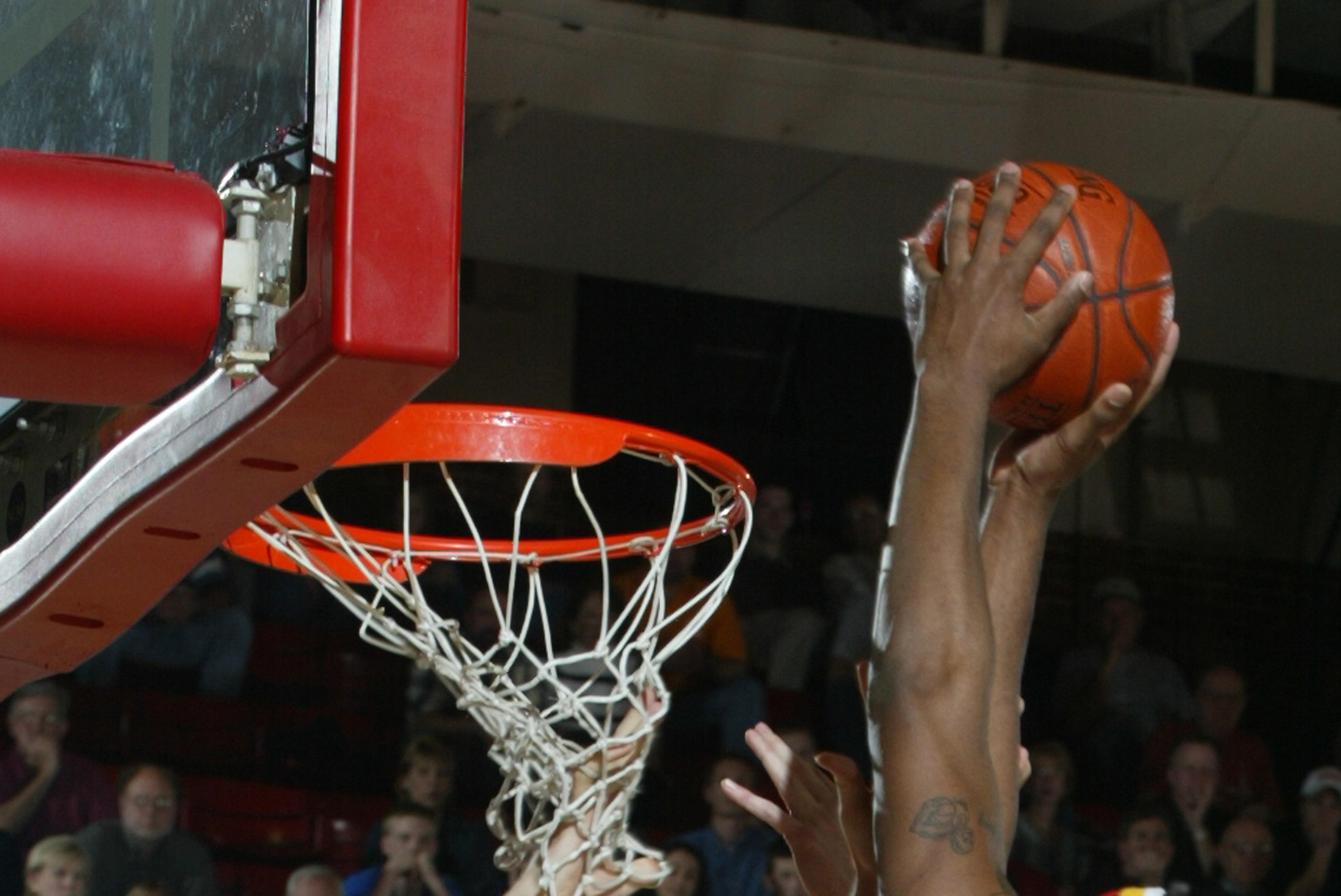Head Injury Suit Takes Aim at NCAA Revenues

December 2, 2011
Share
Derek Owens loves football. He used to play for the University of Central Arkansas, until a series of concussions forced him out of the game. He now suffers from “migraines and dark impulses,” and says his memory is shot. He’s suing the NCAA [PDF], along with three other athletes (two football players, one soccer player), claiming it “has engaged in a long-established pattern of negligence and inaction” when it comes to head injuries, “all the while profiting immensely from those same student-athletes.”
This class-action lawsuit comes a few months after current and former NFL players filed their own class-action suit regarding head injuries.
Both ask their respective organizations to medically support former athletes if they suffer long term from concussions obtained while playing. But the class action against the NCAA is particularly interesting in that it uses the NCAA’s revenue — $740 million per year according to the filing — and the fact that the money isn’t used to pay players as evidence that the league can and should do more to help people with head injuries.
The suit argues young athletes are just starting out and don’t have the means to financially care for such a lifelong injury themselves, “unlike professional athletes who at least have the resources to pay for medical care necessitated by head injuries caused during their professional careers.”
Or, as attorney Steve Berman put it to The New York Times, the NCAA is “an uncaring cartel that takes care of its own.” Berman’s firm, Hagens Berman Sobol and Shapiro LLP, is representing Owens and the other plaintiffs. The NCAA’s general counsel, Donald Remy, told the Times that the suit is “wholly without merit.”
The word “cartel” might ring a bell if you’ve been following the current debate over compensating college athletes. (Check out our film on the subject, Money and March Madness for more.) And Berman’s firm is no stranger to class-action suits involving compensating former NCAA players. It also represents former Nebraska quarterback Sam Keller, a plaintiff in that “other” class action against the NCAA, an antitrust suit initially filed by former UCLA basketball star Ed O’Bannon in 2009.
That lawsuit tackles the issue of using the image and “likeness” of athletes in game rebroadcasts, DVD sales, photos, video games, etc., without compensation after an athlete graduates or stops playing in the NCAA. Other plaintiffs now include NBA greats Oscar Robertson and Bill Russell.
I asked Michael McCann, director of the Sports Law Institute at Vermont Law School, whether there are any connections between the likeness and head injury suits when it comes to the amateurism issue. “The lawsuits are addressing different kinds of alleged harms,” he said, but that the fact that they’re class actions makes them “more threatening because they suggest that many persons have suffered the same kind of harm purportedly at the hands of the defendant.”
And while it’s unlikely there will be major shifts in the NCAA’s position on paying college athletes, despite recent rule tweaks, litigation could play a role going forward:
“The NCAA is more likely to make changes to the concept of amateurism because of litigation like this lawsuit (and the lawsuits brought by Sam Keller and Ed O’Bannon),” he said, “especially since it does not appear that Congress will compel any changes” concerning the NCAA and antitrust laws.
Read George Vecsey’s full New York Times story on the new suit here. And for more on the issue of head injuries in young football players, you can watch our film Football High here.
Related Documentaries
Latest Documentaries
Related Stories
Related Stories
Explore
Policies
Teacher Center
Funding for FRONTLINE is provided through the support of PBS viewers and by the Corporation for Public Broadcasting, with major support from Ford Foundation. Additional funding is provided the Abrams Foundation, Park Foundation, John D. and Catherine T. MacArthur Foundation, Heising-Simons Foundation, and the FRONTLINE Trust, with major support from Jon and Jo Ann Hagler on behalf of the Jon L. Hagler Foundation, and additional support from Koo and Patricia Yuen. FRONTLINE is a registered trademark of WGBH Educational Foundation. Web Site Copyright ©1995-2025 WGBH Educational Foundation. PBS is a 501(c)(3) not-for-profit organization.





















